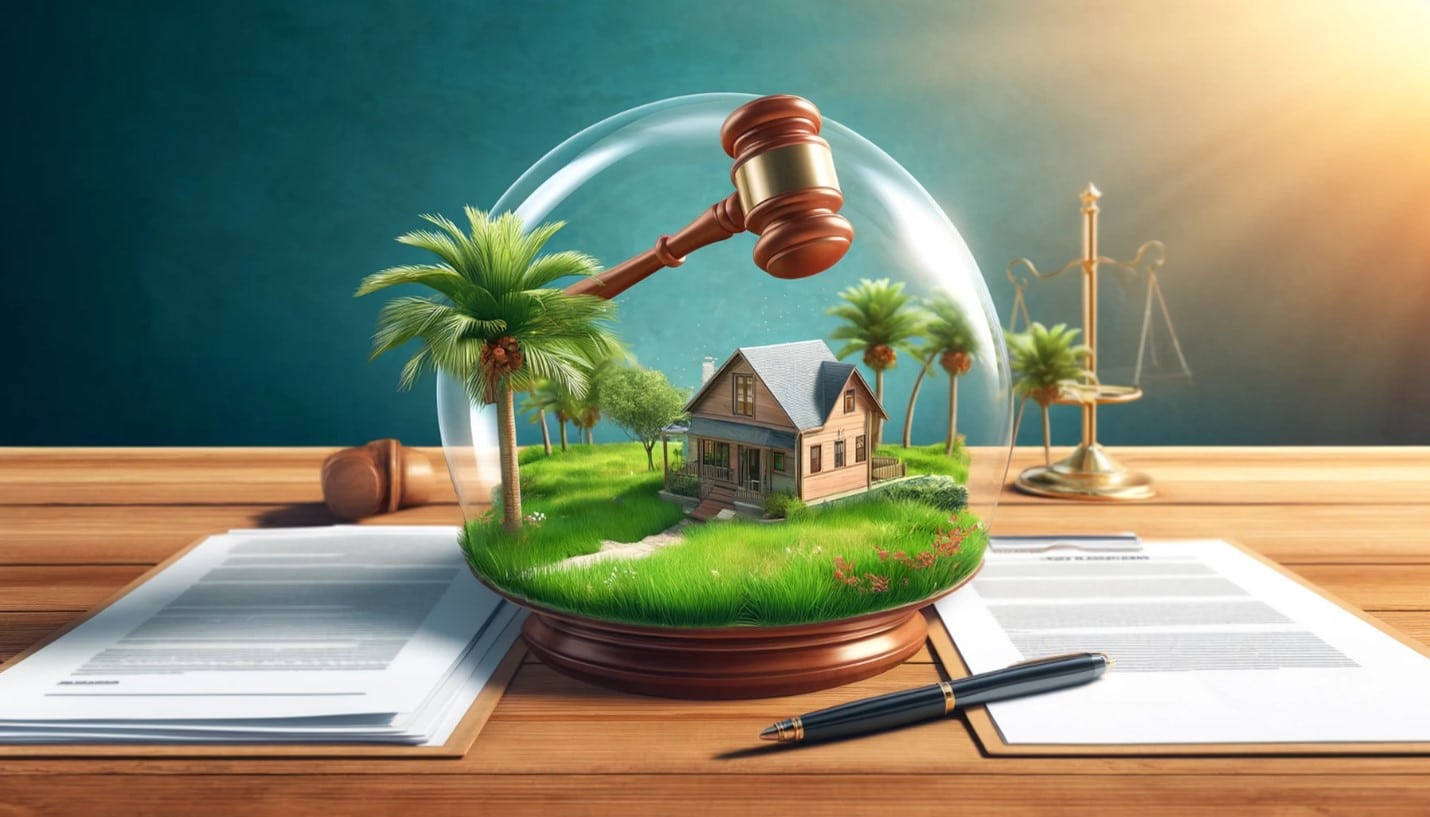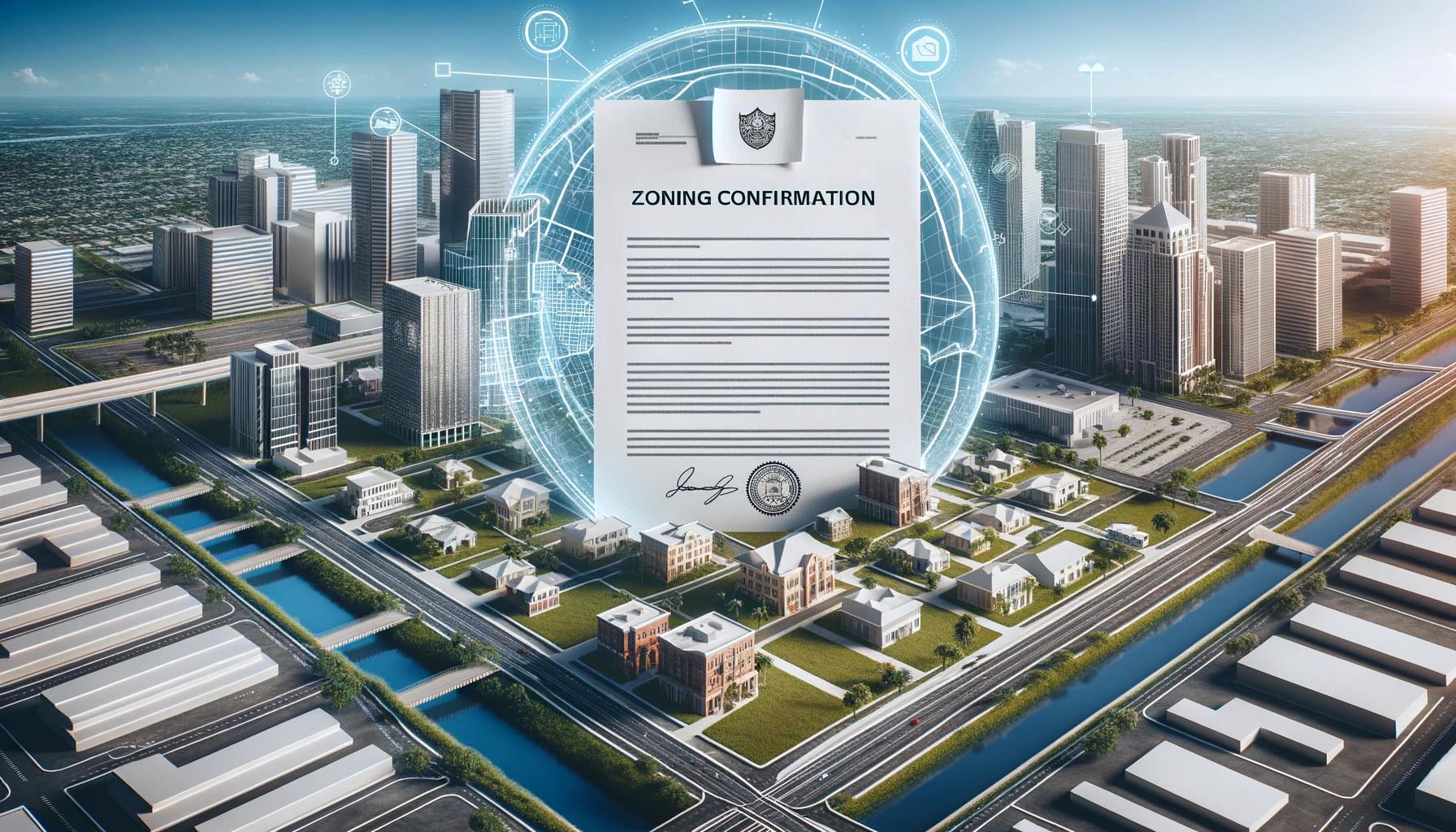Category: Commercial Real Estate
-

New Real Estate Commission Rules in Florida | July 2024 Changes
Discover the new real estate commission rules in Florida effective July 2024. Learn how these changes impact buyers, sellers, and real estate agents.
-

-

-

-

Mastering Real Estate: A Comprehensive Guide to Commercial Property Transactions
Table of Contents Mastering Real Estate: A Comprehensive Guide to Commercial Property Transactions Understanding the Market Partnering with a Real Estate Agent Due Diligence Negotiating the Deal Financing Options Legal Assistance Knowledge in Commercial Real Estate Transactions Closing the Deal Mastering Real Estate: A Comprehensive Guide to Commercial Property Transactions Real estate deals can be…
-

-

-

